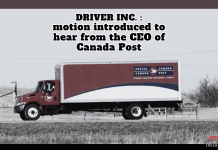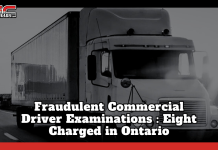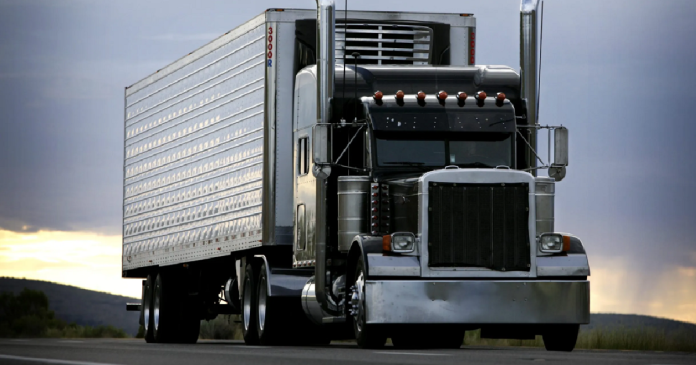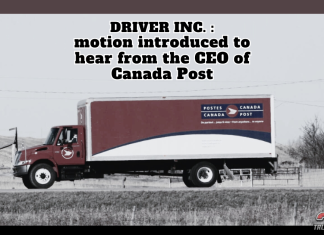Understanding the distinctions between employee drivers, incorporated drivers, and owner-operators is crucial, especially for highlighting the issues posed by the “incorporated driver” model, which is often confused with that of brokers.
Employee Drivers
Employee drivers work directly for a transportation company. They enjoy several protections and benefits:
- Tax and Social Status: The transportation company handles their taxes and social contributions.
- Job Protections: They are entitled to paid sick leave, paid vacations, and protections against wrongful termination.
Owner-Operators (Brokers)
Owner-operators, or brokers, own their truck and collaborate with transportation companies. Their main characteristics include:
- Truck Ownership: They own their vehicle, which entails maintenance and insurance costs.
- Control and Flexibility: They choose their routes and clients, giving them more control over their work.
- Financial Responsibilities: They pay their own taxes and social contributions but can benefit from tax deductions related to their truck costs.
- Owning their truck constitutes a capital investment, offering growth opportunities such as expanding their fleet and hiring additional drivers.
Incorporated Drivers
Incorporated drivers are drivers who have established their own company, an incorporation. This status has several implications:
- Tax and Social Status: As independent workers, they must pay their own taxes and social contributions.
- Lack of Job Protections: They are not entitled to paid sick leave or paid vacations.
- Tax Evasion and Unfair Competition: This model is often used to avoid paying mandatory taxes and contributions (health insurance, and more…), creating unfair competition. It also deprives the government of significant tax revenues.
Why the ‘Driver Inc’ Model Creates Unfair Competition
- Cost Reduction for Companies: Companies hiring incorporated drivers save on social charges and taxes, allowing them to offer lower transportation rates compared to those fully complying with their fiscal and social obligations.
- Injustice for Workers: Incorporated drivers do not have access to crucial benefits like paid sick leave or paid vacations, putting them in a precarious situation compared to regular employees.
- Workplace Safety and Compliance: Incorporated drivers are often less protected in terms of safety and working conditions, as companies invest less in their training and safety equipment.
Even if an incorporated driver complies with all their fiscal obligations, problems persist. They do not enjoy the same protections and benefits as regular employees, and the companies hiring them save in a way that creates unfair competition. It is crucial to address these inequalities to protect all workers and ensure fair competition in the trucking sector.
Join the Canadian Trucking Alliance to stop this illegal practice today.
More :
- Let’s support the Canadian Trucking Alliance and the hardworking transport companies against Driver Inc.
- Controversial “Driver Inc” Model in the Trucking Industry














